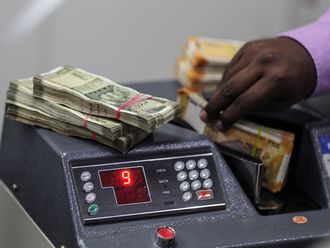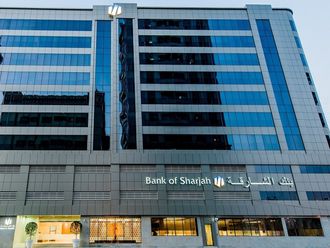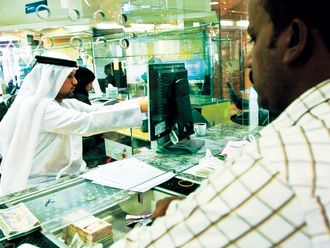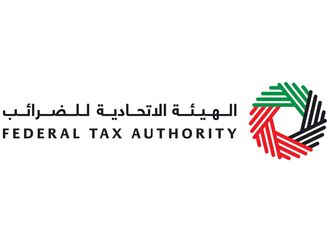Frankfurt: Turkey’s crisis is quickly reverberating through global banks, cutting stock prices for lenders with even little to no direct exposure, as investors worry about the unknown paths that contagion could take through the financial system.
The main concern is that European lenders, which have been looking to emerging markets as rich sources of growth, may get squeezed by turmoil breaking out in both Turkey and Russia, as the US ratchets up sanctions. Their weakening currencies and the mounting potential for loan defaults there hammered shares of lenders including Spain’s Banco Bilbao Vizcaya Argentaria SA, Italy’s UniCredit SpA and Dutch-based ING Groep NV.
Yet even US firms that have disclosed relatively little exposure to Turkey fell as that country’s crisis escalated Friday, with Citigroup Inc down the most since May. The moves reflect how sensitive investors remain to risks in a sector which lost billions in Greece and has yet to fully restore profitability after the 2008 financial crisis.
At many US lenders, “their exposure to any of these countries is fairly minimal,” said Marty Mosby, an analyst at Vining Sparks. “It’s really more the impact it has on the general financial markets and the anxiety level that can perk up from time to time.”
Indeed, the turmoil in Turkey could ultimately touch overseas banks — especially those with large international or Wall Street operations — through a variety of channels. Operations in emerging markets can lose significant value as the dollar strengthens, as it did Friday. And swift currency swings or securities-market routs can catch banks’ traders off guard, saddling them with losses while trying to facilitate client transactions.
“My guess is you’re going to get people cutting estimates, if we get bad volatility here on the capital markets front,” said Charles Peabody, a bank analyst at Portales Partners. “It looks like we’re starting to get that.”
Turkey entered a full-blown financial meltdown on Friday, after President Recep Tayyip Erdogan declared his refusal to bow to US political demands and market pressures.
Citigroup, the major US bank that draws the most revenue internationally, fell 2.7 per cent as of 3pm in New York. The company had said in a quarterly filing that Turkey wasn’t among its top 25 country exposures at midyear, which means it’s something less than $3.7 billion (Dh13.59 billion). Goldman Sachs Group Inc fell 2 per cent. It pegged its total credit exposure to Turkey was $2.53 billion at the end of June, almost entirely with non-sovereign counterparties or borrowers, and said it had $2.05 billion of Turkish collateral.
BBVA, owner of almost 50 per cent of Istanbul-based Turkiye Garanti Bankasi AS, fell more than 5 per cent. Garanti and its local peers face a wave of corporate defaults and loan restructurings as the lira’s collapse makes it harder for Turkish companies to repay the dollars they have borrowed in recent years.
Many Turkish lenders are already in talks to restructure billions of dollars of loans, a process that may end up forcing them to accept losses. That in turn could prompt them to seek more capital from their European partners.
Such factors could lead regulators to ask a bank like UniCredit — which is exposed to both Turkey and Russia — to set aside more capital against those risks, Credit Suisse Group AG analysts led by Carlo Tommaselli said in a note.
Exchange-rate volatility not only complicates loan repayments, it also drives inflation higher and erodes the value of existing loans in the local currency. The hits to business and consumer confidence, meanwhile, make it even harder to deliver future growth.
Some banks have spread their risk across multiple emerging markets, but even that strategy isn’t foolproof. With the Russian rouble also falling sharply on the threat of more US sanctions, the two biggest banking markets in eastern Europe are in turmoil.
While BBVA is only exposed to one of them, UniCredit and ING have exposure to both. The three were among the biggest decliners in the Bloomberg Europe 500 Banks and Financial Services Index Friday, all falling more than 4 per cent in their respective markets.
Sanctions pain
The Russian economy has for four years been hurt by the effects of sanctions imposed on the country in response to its annexation of Crimea and intervention in Ukraine. Further sanctions now threaten a new era of stagnation.
The worst thing about the proposed new sanctions “is the suspension of investment plans by foreign companies working in Russia and the even greater difficulty in attracting new money into the economy,” said Chris Weafer, a senior partner at Macro Advisory Ltd in Moscow. Without new investment, growth would likely be capped at 1.5 per cent, well below the target of up to 4.5 per cent targeted by the government, he said in a note.












